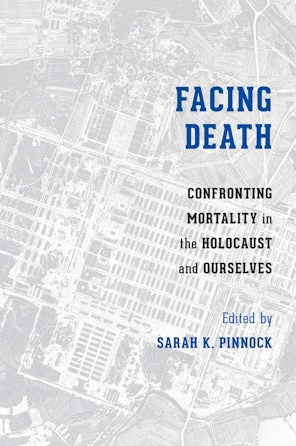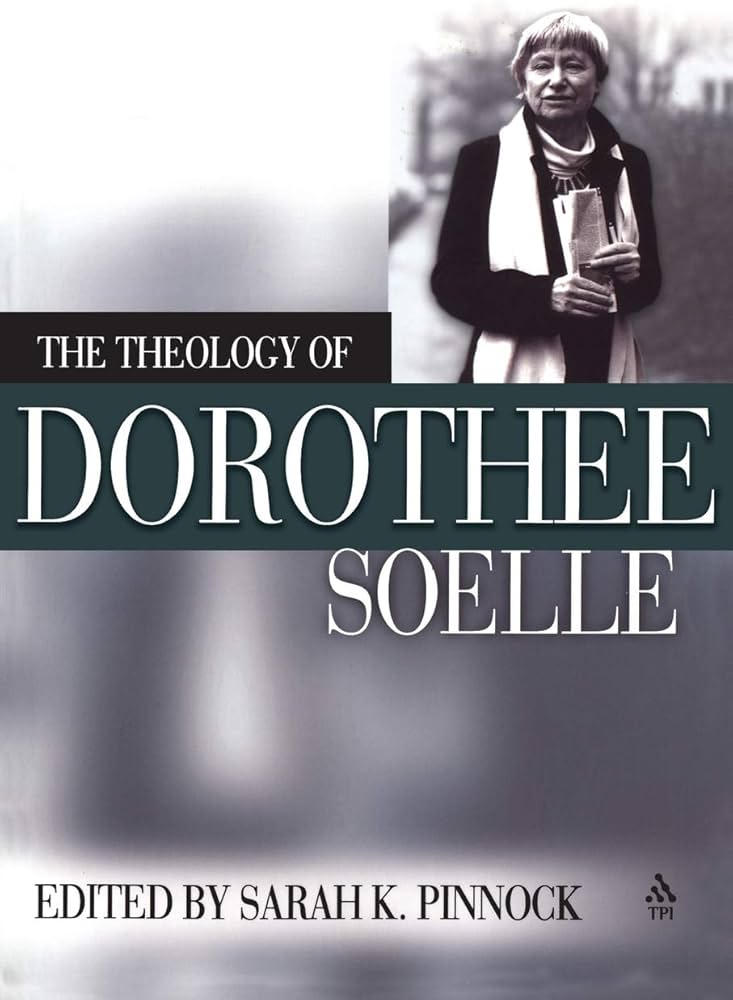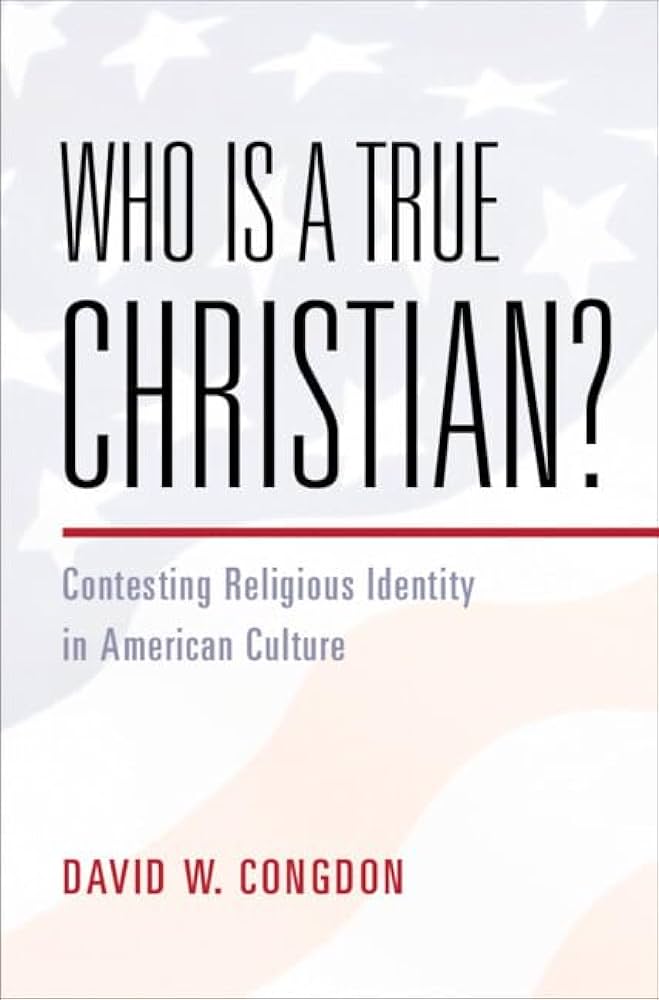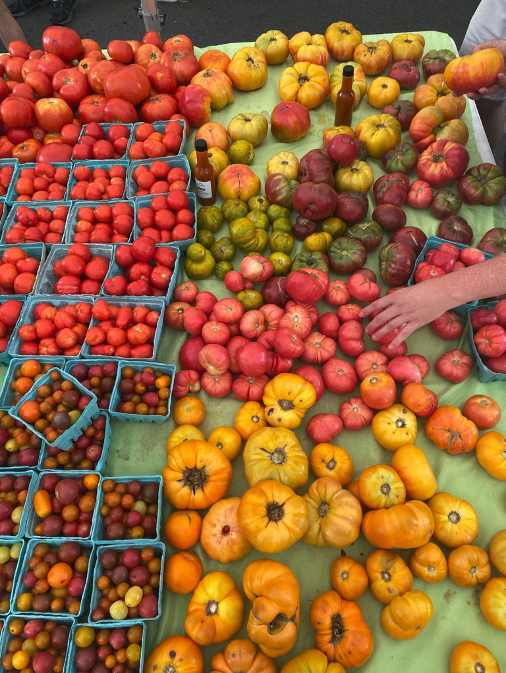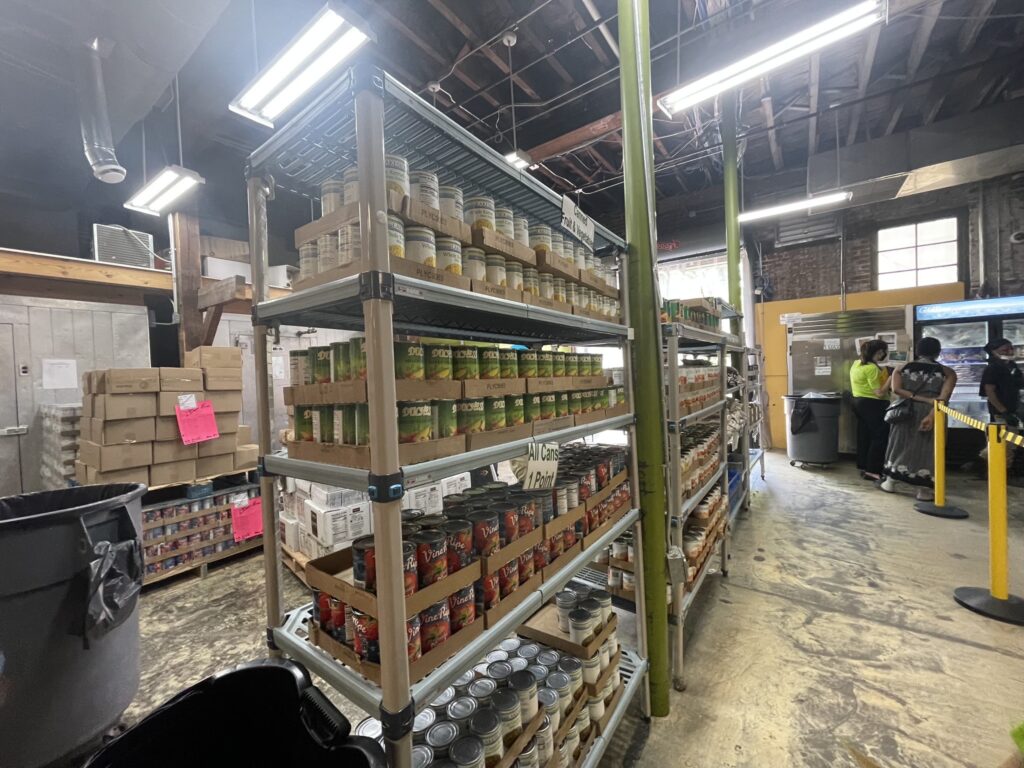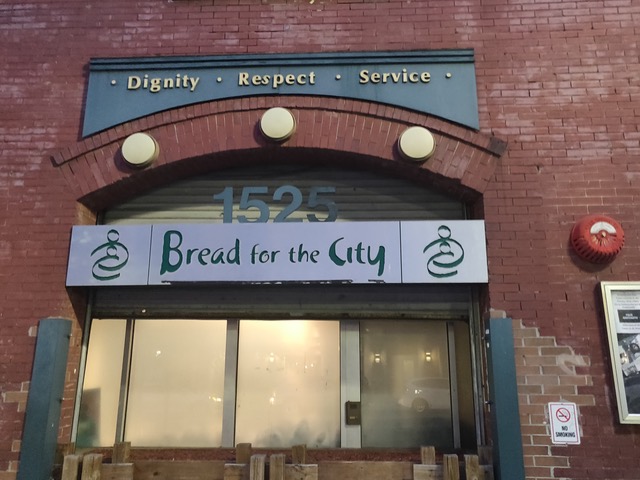A few weeks ago, I wrote about a (very) long campaign of calls that the other interns and I worked on. We were notifying some of our clients that the grocery delivery service was ending. My thoughts at that time centered around the physical and emotional isolation of some of the consumers we called, but this week’s reading and discussion with Dr. Holman has shifted my focus.
The grocery delivery program had to end because of a lack of funding – but why did that happen in the first place? Why were there budget cuts, and what led to the decision to cut the delivery program instead of another? But more broadly, these past few weeks I have been thinking about the role of money and funding in determining health.
Of course, I’m studying public health, not economics. The macro-level explanations of global markets or trade or budgets or deficits don’t make a ton of sense to me. But ultimately, at the root of public health is a question of money: how much, how to spend it, and why.
While at the beach with my family, I spent a lot of my time reading Arthur Simon’s Bread for the World. The titular organization was founded by Simon and others in 1974 as a Christian advocacy group working to end hunger worldwide. (Not to be confused with Bread for the City, with whom I’m interning.) They collaborate with government representatives across the aisle as well as international bodies to enact concrete policies that work to end hunger. This book was written a few years later, and outlines all of the many reasons why ending hunger in our lifetime is attainable.
The majority of the reasons pertained to resources and finances. There is enough food in the world, the poorest people aren’t getting it. The wealthiest countries in the world, including the United States, could devote more time and money to ensuring that underfed and malnourished people in our own country and abroad are able to access the nutrition that they need. But policymakers have not been too keen on the key requirement: more money.
My actions (and Bread for the World’s) are motivated by a belief in the inherent dignity of all people as children of God. So of course, all people deserve to eat and enjoy good health. Eventually though, these beliefs have to be put into practice somehow; the rubber must meet the road. And this is where the question of money emerges.
It is kind of uncomfortable, because it’s much more exciting to exist in the inspiring-theory side of things. Health is a human right! Everyone deserves to eat! But what kinds of policies can we enact to achieve that? Additionally, at least for me, there is also an innate discomfort with combining faith and finances. When we are looking at the situation from a global health perspective, we are forced to ask ourselves: How can we organize our economies and governments in ways that prioritize the health – and more generally, the God-given dignity – of all people?
A small-level answer to some of these questions came during an event I attended last Tuesday. Some other interns and I went to a screening of Raising the Floor, a short documentary profiling a cash transfer program in Chelsea, Massachusetts. (You can watch it on YouTube here, I highly recommend it.) For a few years during the COVID pandemic, the town of Chelsea gave residents monthly cash transfers to address rising poverty and economic insecurity during the outbreak. They shifted from a city-run food bank to this initiative after organizers realized that simply giving money to residents not only allowed for more flexibility, but emphasized the autonomy and decision-making of each recipient.
The program was wildly successful. Researchers were able to analyze how the money had been spent: nearly all of it was on food, including local restaurants. Non-food expenditures were at stores that provide other necessities (like clothing, home supplies), and almost 100% was within the surrounding county. In addition to being able to feed themselves better, cash recipients used the money to uplift their local economy.
Giving money directly to poor people challenges our stereotypes of what it means to be poor: that being poor is the result of bad decisions, and poor people cannot be entrusted to spend their own money. But this cash transfer program – and many other pilot programs nationwide – have shown that this is not the case. Thus, money, autonomy, and well-being are inextricably linked.
Health is naturally affected by income and economic stability. This is partly why Bread for the City decided to begin their CashRX program, a cash infusion program similar to the one in Chelsea. CashRX, though, pays special attention to the role of money in public and community health.
Participants in the ongoing pilot program were selected because of ongoing health struggles, like uncontrolled diabetes, depression, or hypertension. The goal of the initiative is to see (hopefully) the positive impact that no-strings-attached cash transfers can have on individual health. If the pilot shows signs of success, Bread might expand it to a larger population.
The initiative is still gathering results, but initial feedback has been promising with showing the positive relationship between income and health. So far, all of the participants have reported both decreased housing insecurity and decreased food insecurity. They have been able to spend more time with family and loved ones, and are feeling less depressed or anxious in general. Not only is the money addressing physical needs like housing and nutrition, it is also helping with psychological and emotional needs as well. All of these needs – body, mind, and spirit – are directly connected to overall health and wellbeing. These cash transfers are actually a type of public health intervention!
Some of the positive side-effects of cash transfer programs such as this tie back to my thoughts on dignity and, more broadly, how something so material as money can be inspired by faith. Giving individuals the ability to decide how, when, and why to spend their money emphasizes their autonomy, decision-making skills, and their dignity as individuals. Instead of micromanaging their every move, these programs reaffirm the fact that each person knows their situation best, and is the best decision maker for their own life. When we understand that each person is a child of God, uniquely created, this type of financial initiative aligns well with those beliefs.
The tough part is that the sustainability of these initiatives is dependent on a consistent source of money. Small-scale initiatives like CashRX – and thus, their clients’ health – are beholden to donors and government contracts for funding. As Bread for the World discusses, policy is the best way to create lasting public health results. In my meeting with Dr. Holman on Friday, we discussed this tough challenge facing much of global public health: that small-scale initiatives require money, but are less sustainable, while large-scale policy interventions are more sustainable, but harder to achieve and (also!) require money.
And so we arrive back at the question of how to organize our economy in a way that emphasizes the dignity of each individual. The different iterations of what this might look like are nearly infinite. But a system that devotes more resources to nutrition than to the military, or more to international food aid than to corporate aid, might be a step in the right direction.
This is one in a series of post by Elizabeth Rambo, on her 2024 PLT summer internship experience.
The Project on Lived Theology at the University of Virginia is a research initiative, whose mission is to study the social consequences of theological ideas for the sake of a more just and compassionate world.

